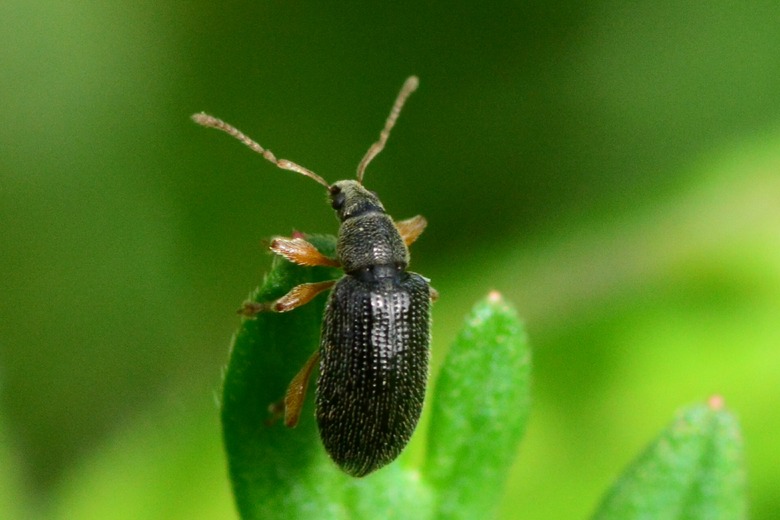This Parasite May Boost Its Whole Ecosystem
Parasites don't get the best rap, and for good reason – they're often dangerous to the living creatures they affect. But according to the New York Times, wood-eating beetles in eastern North American forests have a different story to tell: Many of them carry a parasitic worm that increases their appetite for wood and helps the forest cycle through nutrients more quickly.
Research published May 1 in Biology Letters by Andrew Davis and Cody Prouty claims that when it comes to horned passalus beetles, "the sicker the better."
How the Parasite Works
How the Parasite Works
These parasites, called Chondronema passali larvae, inhabit passalus beetles by the hundreds (and in some cases, thousands) – but they don't appear to cause detriment to their hosts' health. As the larvae feed off the beetles, they deplete the bugs' available energy, though the effect is only noticeable when the beetles are under short-term stress, according to Science News.
Perhaps due to this increased need for energy, parasite-infected beetles have larger appetites for rotting wood. Davis, an ecologist at the University of Georgia in Athens, pointed out the cyclical nature of this correlation in Science News: Infected beetles may experience increased hunger and therefore eat more, and eating more wood also exposes the beetles to more parasites.
Why It's Eco-Friendly
Why It's Eco-Friendly
Science News reported that Davis' study is part of a "new wave of research coming out now that promotes the idea that parasites are important in the ecosystem."
"There are so many ways they're interconnected, and we're just getting around to studying them," Davis told the publication.
His observations demonstrate that infected beetles do indeed eat more rotting wood than their non-infected counterparts, boosting their forest's nutrient cycle and overall ecosystem. The larvae could further assist the beetles in their wood-chomping endeavors by predigesting some of the wood. according to evolutionary ecologist Sheena Cotter.
"The beetles aren't sick," Cotter told Science News, "and in fact are probably harboring lots of nematodes for their own benefit."
Prouty, who co-published the study, expanded on Cotter's point in a conversation with Science Daily.
"Although the beetle and nematode have a parasitic relationship, the ecosystem benefits from not only the beetle performing its function, but the parasite increasing the efficiency of the beetle," Prouty told the publication. "Over the course of a few years the parasitized beetles could process many more logs than the unparasitized beetles, and lead to an increase of organic matter in soils."
References
- New York Times: Parasites Infect These Beetles. It Might Be a Good Thing.
- Biology Letters: The Sicker the Better – Nematode-Infected Passalus Beetles Provide Enhanced Ecosystem Services
- Science News: A Belly Full of Wriggling Worms Makes Wood Beetles Better Recyclers
- Science Daily: Parasites Help Beetle Hosts Function More Effectively
Cite This Article
MLA
Swanston, Brenna. "This Parasite May Boost Its Whole Ecosystem" sciencing.com, https://www.sciencing.com/this-parasite-may-boost-its-whole-ecosystem-13719107/. 13 May 2019.
APA
Swanston, Brenna. (2019, May 13). This Parasite May Boost Its Whole Ecosystem. sciencing.com. Retrieved from https://www.sciencing.com/this-parasite-may-boost-its-whole-ecosystem-13719107/
Chicago
Swanston, Brenna. This Parasite May Boost Its Whole Ecosystem last modified August 30, 2022. https://www.sciencing.com/this-parasite-may-boost-its-whole-ecosystem-13719107/
